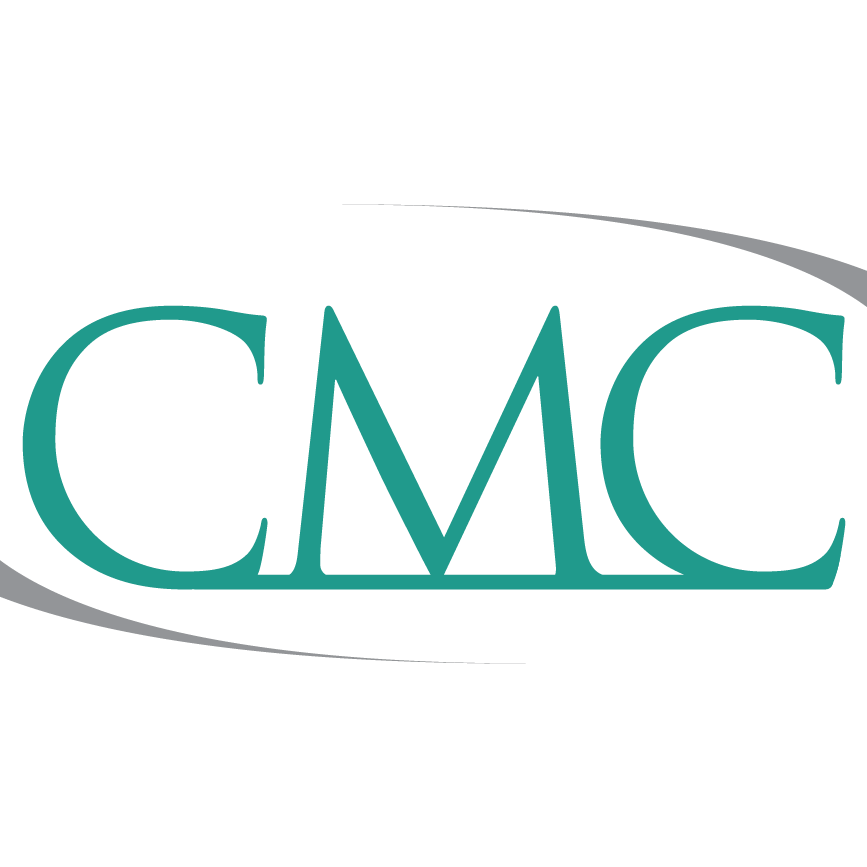Legislation is shaped in the ‘off season’
- CMC

- Jun 13, 2023
- 2 min read
Updated: Jun 14, 2023

This week, all eyes are on the Tax Incentive Review Committee.
Charged with reviewing Georgia’s numerous tax credits, the legislative group on Wednesday held the first in a series of meetings and public hearings as it gathers information likely to lead to proposed legislation for the 2024 General Assembly. That review includes Georgia’s film tax credit, which fueled a homegrown production industry that now ranks alongside Los Angeles and New York.
While this committee may be the most closely watched legislative study committee this year, it’s one of a number of study committees and lawmakers evaluating potential legislation that could alter laws that affect hospital access, foster care and adoption, fishing access, and more.
This is where strategic communications become so important. Why? Uncontrolled, inaccurate information can be damaging, keeping clients and stakeholders in a reactive position. A proactive communications plan helps steer public and private conversations, conveys valuable information, and puts a company in a position of strength from the start.
Here are three ideas that will help position your legislative clients for success.
Clarify your messages. Identify the core messages that will be consistent throughout all communication. They will be simple, relevant, and easy to translate through multiple communication tactics. Examples of simple concepts easily conveyed include “Opportunity for Georgians;” “Jobs for tomorrow;” and “Environmentally safe.”

Create a media strategy. While you can’t control how members of the media will cover an issue, you can control how prepared you are for the media spotlight. Cover all the bases before you get questions from the media, even if you desperately hope that your issue is completely ignored by the media. Prepare by developing talking points, training a spokesperson, and identifying key media that cover the issues relevant to your client’s priorities.
Keep your stakeholders informed. Who needs to stay in the loop? Company executives, board members, employees, and memberships are examples of stakeholders that need a communications plan. You need these groups to stay informed and be ready to advocate when needed.
Ready to create and implement your communications plan? Contact Cindy Miller.
_edited.png)


